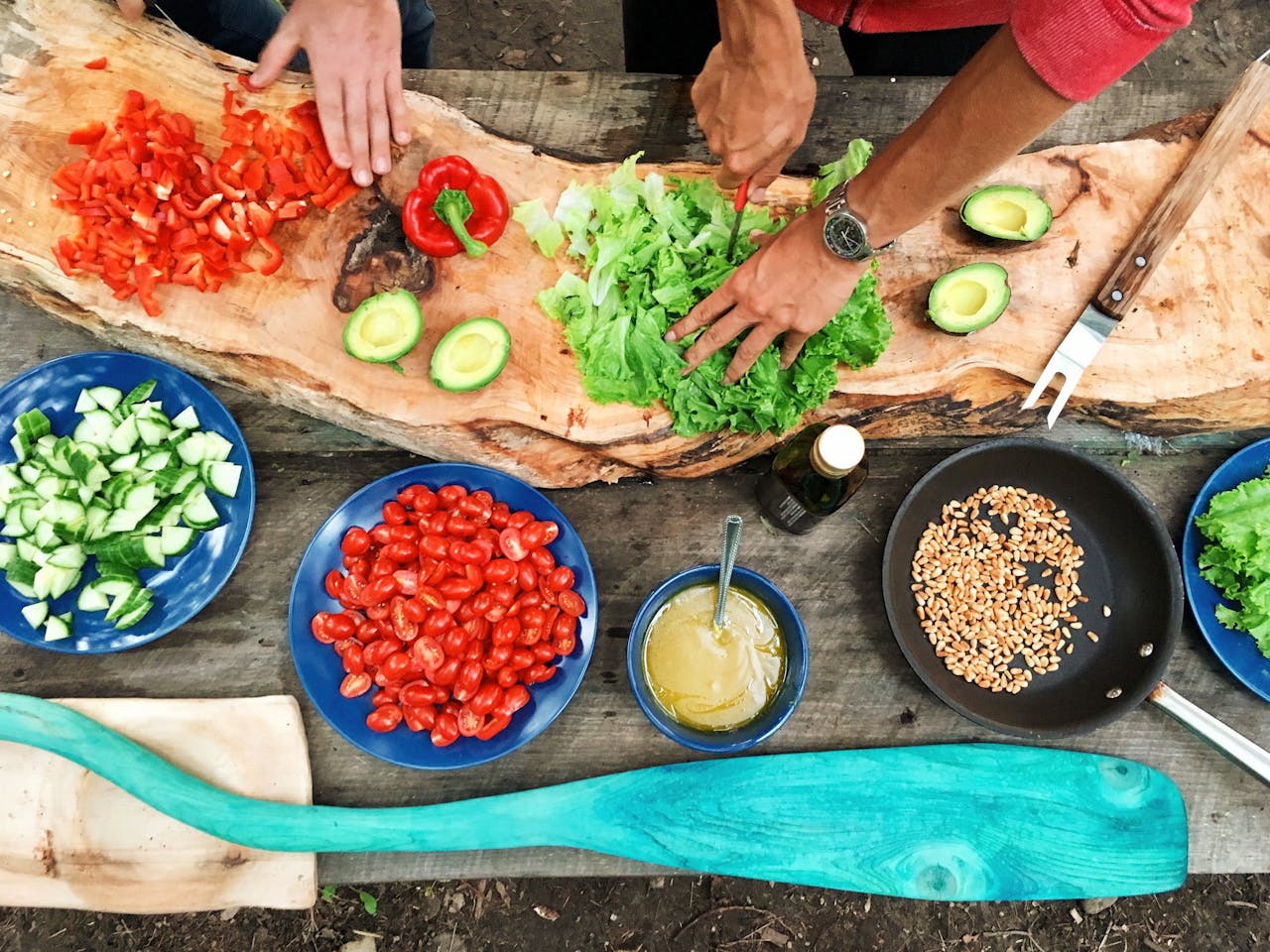Copyright © 2024 - Gearlabblog.com

A healthy gut is essential for overall well-being, affecting everything from digestion to immunity and even mental health. If you’re experiencing digestive issues or simply want to optimize your gut health, a structured meal plan can be a game-changer. This 30-day gut-healthy meal plan, created by a dietitian, is perfect for beginners looking to nourish their digestive system and improve overall wellness. Packed with nutrient-dense, fiber-rich foods, this plan helps to reduce bloating, enhance digestion, and restore balance to the gut microbiome.
Your gut is home to trillions of bacteria, known as the gut microbiome, that play a crucial role in breaking down food, absorbing nutrients, and supporting the immune system. When the gut is out of balance due to poor diet, stress, or other factors, it can lead to issues such as bloating, constipation, inflammation, and even mood swings. Focusing on a gut-healthy diet can help you feel more energetic, reduce digestive discomfort, and support long-term health.
Before diving into the 30-day meal plan, it’s important to understand the key elements that contribute to a healthy gut:
Dietary fiber, found in fruits, vegetables, legumes, and whole grains, is essential for keeping your digestive system running smoothly. It adds bulk to your stool and helps prevent constipation while also serving as food for beneficial gut bacteria.
Probiotics are live microorganisms that promote a healthy balance of gut bacteria. These are commonly found in fermented foods like yogurt, kefir, sauerkraut, kimchi, and kombucha. Adding these foods to your diet can support digestive health and reduce symptoms like bloating.
Prebiotics are non-digestible fibers that act as food for probiotics, helping them thrive. Foods like onions, garlic, bananas, asparagus, and oats are excellent sources of prebiotics and should be included in your gut-healthy meal plan.
Staying hydrated is key to maintaining smooth digestion. Drinking plenty of water helps fiber do its job by making it easier for waste to pass through your system.
This beginner-friendly meal plan includes a balance of fiber, probiotics, prebiotics, and hydration to promote gut health. The plan is designed to be easy to follow, with nourishing meals that support your digestive system and taste great.
Breakfast:
Lunch:
Dinner:
Snacks:
Breakfast:
Lunch:
Dinner:
Snacks:
Breakfast:
Lunch:
Dinner:
Snacks:
Breakfast:
Lunch:
Dinner:
Snacks:
To make following this plan easier, consider meal prepping for the week. This can save time and ensure you have gut-healthy options readily available when hunger strikes.
Drink at least 8 glasses of water a day to keep your digestive system running smoothly. Herbal teas like ginger or peppermint can also support digestion.
Everyone’s gut health needs are different, so listen to your body. If a particular food causes discomfort, take note and make adjustments to your meal plan as needed.
If you’re not used to a high-fiber diet, increase your intake slowly to avoid bloating or discomfort. Gradual changes will allow your digestive system to adjust over time.
This 30-day gut-healthy meal plan for beginners is designed to help you build a stronger digestive system while enjoying delicious, nutrient-rich meals. By incorporating fiber, probiotics, and prebiotics into your diet, you can promote a healthy gut microbiome and experience benefits like improved digestion, reduced bloating, and increased energy. Remember, a healthy gut is the foundation of overall well-being, so take it one step at a time and enjoy the journey toward better health!